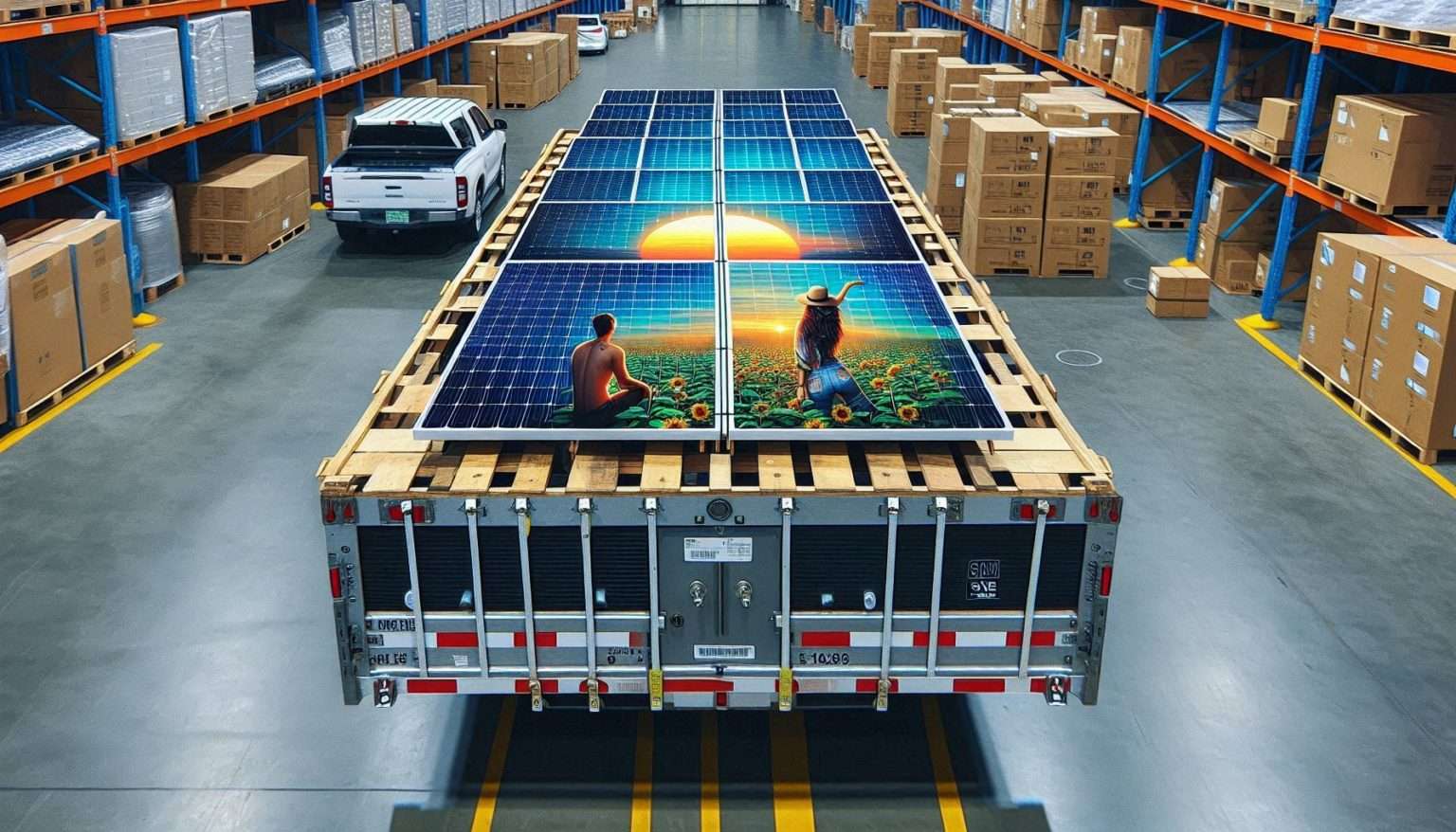In the quest for sustainable energy solutions, shipping solar panels plays a pivotal role in facilitating the global adoption of renewable energy technologies. This case study investigates the obstacles and approaches associated with shipping solar panels to the Philippines, an emerging market for renewable energy.
EcoSolar Solutions (Due to NDA), headquartered in California, USA, stands as a premier manufacturer of solar panels. Driven by a commitment to promote clean energy initiatives worldwide, EcoSolar recognized the Philippines as a fertile market for solar energy solutions, owing to its abundant sunlight and burgeoning demand for renewable energy alternatives.
Shipping Solar Panels challenges
Fragility: Solar panels, being delicate, necessitate specialized handling to prevent damage during transit.
Regulatory Compliance: Navigating the intricate import regulations and customs procedures in the Philippines proves complex and time-intensive.
Cost Management: Striking a balance between transportation costs, timely delivery, and product integrity is essential for profitability.
Subscribe to the Ex-works24/7 newsletter
Proposed solution
To surmount these challenges and streamline the shipping of solar panels to the Philippines, EcoSolar Solutions devised a comprehensive shipping strategy.
Shipping Solar Panels implementation
Packaging and Handling: EcoSolar invested in durable packaging materials and partnered with Ex-works Cargo adept in handling fragile cargo to mitigate the risk of damage during transit.
Regulatory Expertise: Collaborating with a customs broker and regulatory experts well-versed in Philippine import laws ensured compliance and facilitated expedited clearance processes.
Logistics Optimization: Employing a blend of air and sea freight options allowed EcoSolar to balance cost efficiency and delivery speed. Leveraging advanced tracking technologies enabled real-time monitoring of shipments.
Customer Engagement: EcoSolar actively engaged with local stakeholders in the Philippines, including distributors, installers, and end-users, offering support and guidance throughout the shipping and installation phases.
Shipping Solar Panels result
Product Integrity: Through meticulous packaging and handling protocols, SolarEco minimized instances of damage to solar panels during transportation, preserving product integrity upon arrival in the Philippines.
Regulatory Compliance: Partnering with knowledgeable customs brokers enabled EcoSolar to navigate the complex regulatory landscape of importing solar panels into the Philippines, thus reducing clearance times and averting costly delays.
Cost Efficiency: Optimization of shipping solar panels routes and modes of transportation allowed EcoSolar to strike a balance between cost efficiency and timely delivery, thereby enhancing overall profitability and customer satisfaction.
Conclusion: By implementing a tailored shipping strategy tailored to the specific challenges of transporting solar panels to the Philippines, EcoSolar Solutions successfully penetrated a promising renewable energy market while upholding standards of product quality, regulatory compliance, and cost efficiency. This case study underscores the significance of strategic planning and collaborative efforts in surmounting logistical hurdles and advancing sustainable energy initiatives on a global scale.




